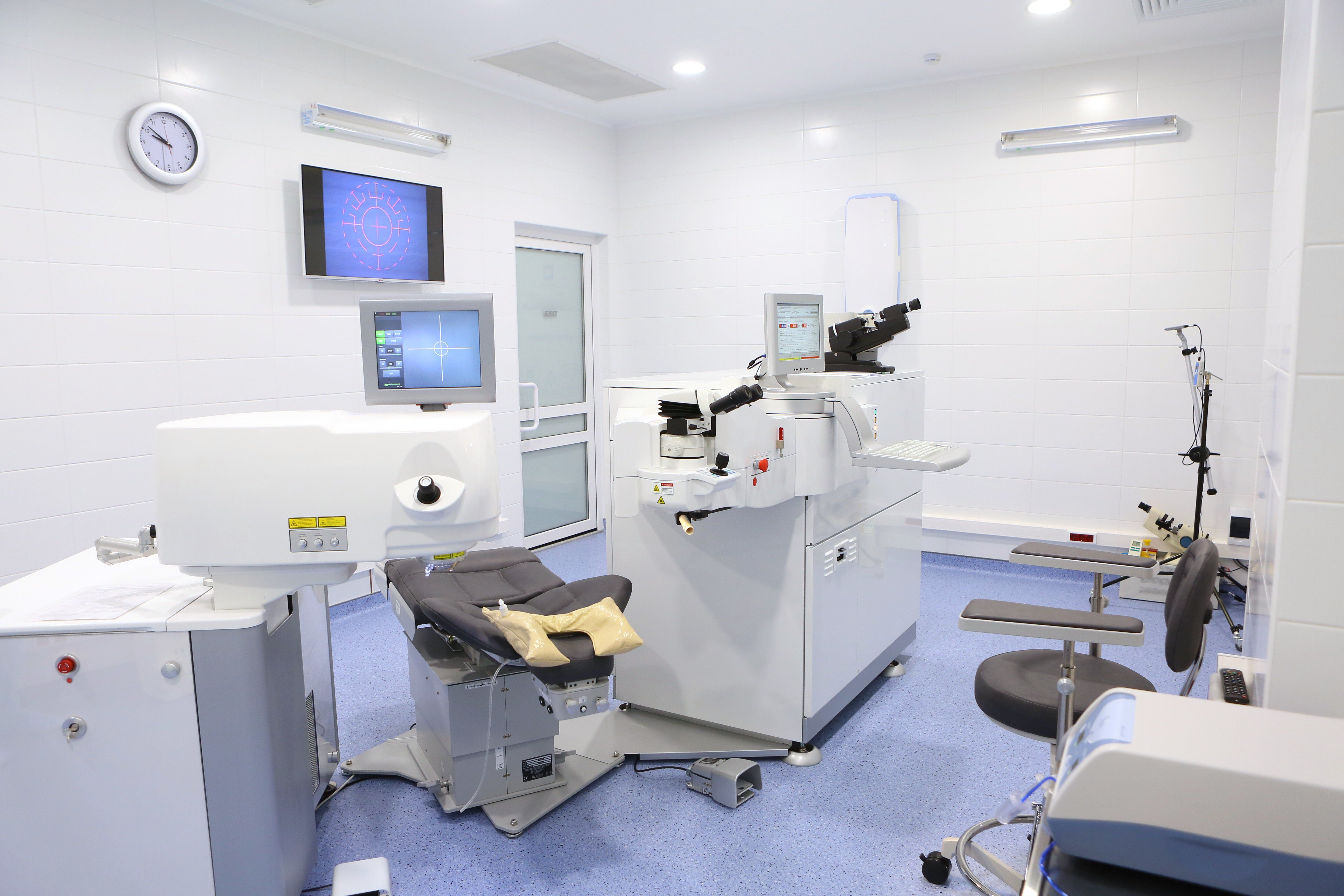
the United States healthcare system is neither responsible for, nor is it the cause of, social disparities that have compromised the health and lives of so many people in our country, which unfortunately fall disproportionately on those who reside in our minority communities.


